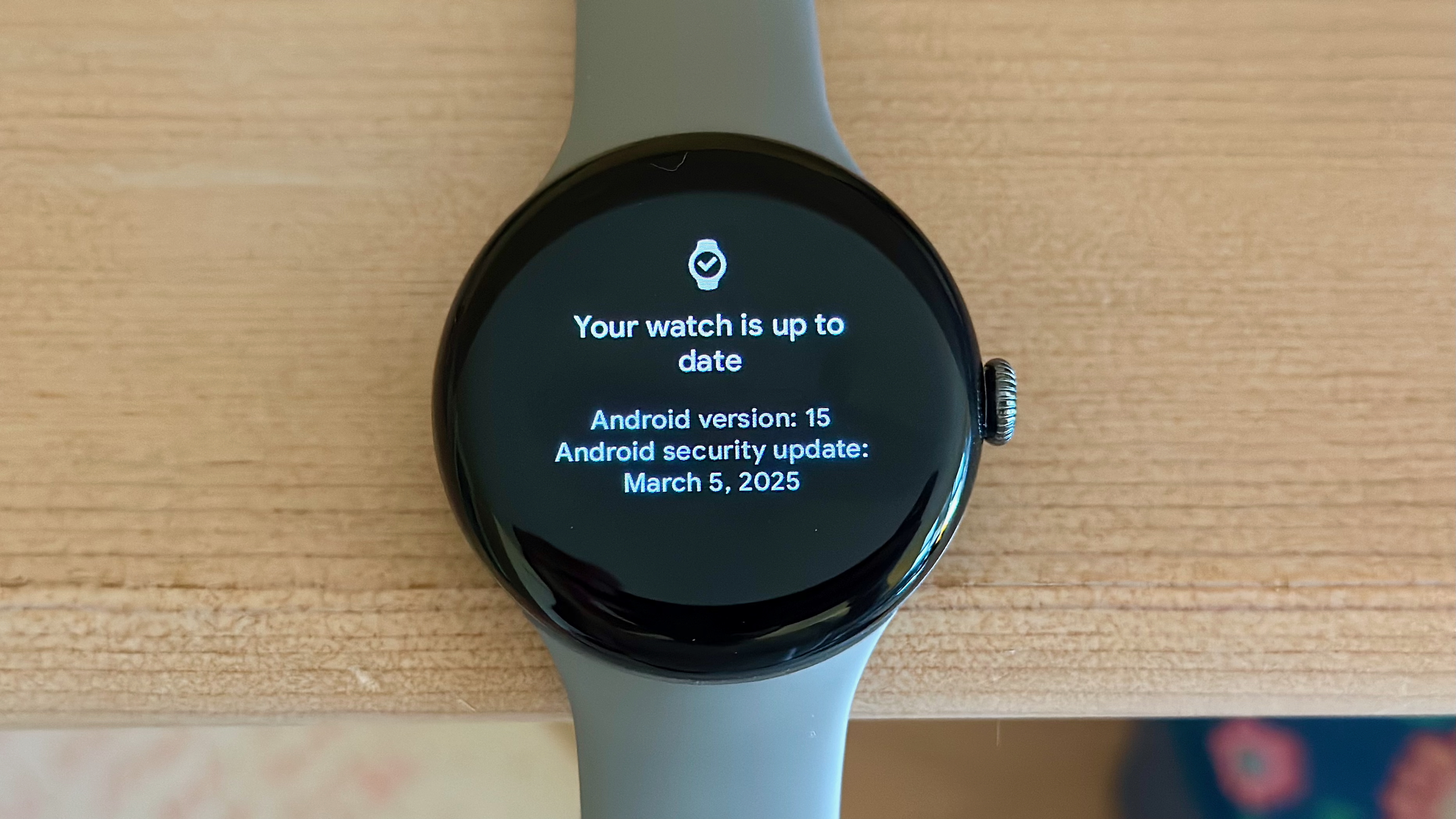
Wear OS 5 is the latest software version available on Android smartwatches, but some brands remain stuck on Wear OS 4 for now. Uncertain if your watch will get Wear OS 5 or what features to expect? You're in the right place!
Our Wear OS 5 guide lists out every official feature that came to Pixel Watches on stock Wear OS and Galaxy Watches on One UI 6 Watch, which is built upon Wear OS 5. That includes Gemini, which will replace Assistant on Wear OS soon.
We also break down post-launch updates like Wear OS 5.1, when to expect future updates like Wear OS 6, and the eligible Android watches due to receive these updates!
Wear OS 5: Eligible watches
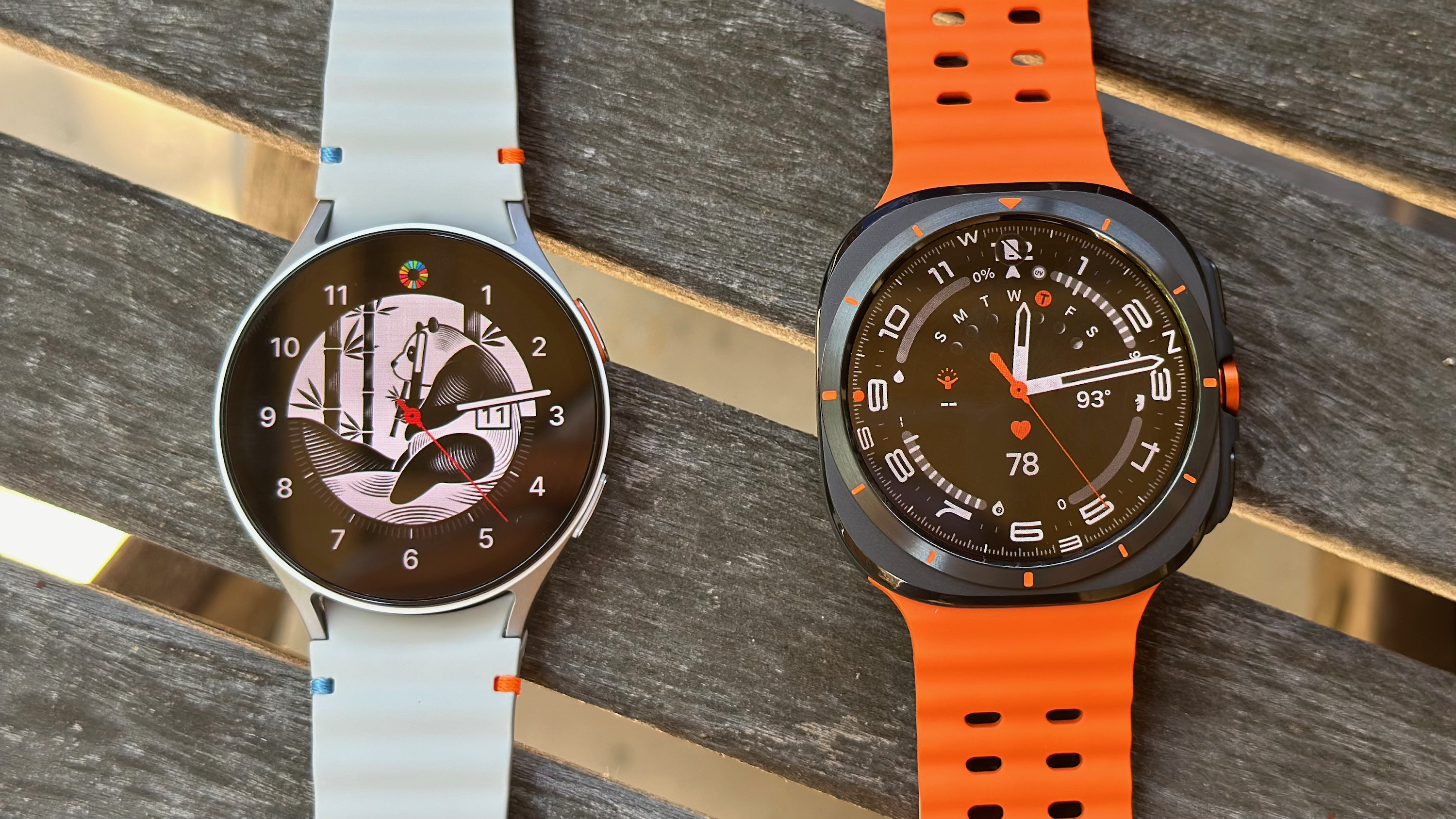
These are the current Wear OS watches that either have received Wear OS 5 or are confirmed to receive the update:
- Samsung Galaxy Watch 7 (Launched with One UI 6 Watch)
- Google Pixel Watch 3 (Launched with Wear OS 5)
- Pixel Watch 2 (Received Wear OS 5 in mid-November)
- Pixel Watch 1 (Received Wear OS 5 same day as Watch 2)
- Samsung Galaxy Watch 6 & 6 Classic (Received One UI 6 Watch in late November 2024)
- Samsung Galaxy Watch 5 & 5 Pro (Received One UI 6 Watch in December)
- Samsung Galaxy Watch FE (Received One UI 6 Watch in December)
- Samsung Galaxy Watch 4 & 4 Classic (Received One UI 6 Watch the day after the Watch 5)
- OnePlus Watch 3 (Launched with Wear OS 5 in April)
- OnePlus Watch 2 & 2R (Due to receive it in Q3 2025)
When it comes to the best Wear OS watches, most of them have either jumped to Wear OS 5 already or are due to receive it soon.
Pixel Watches are eligible for three Wear OS updates, and are the first to receive the stock version of this software. Glitches forced Google to roll back its September Wear OS 5 update on older Pixel Watches, but they eventually received OS 5 in November.
Samsung watches receive four Wear OS updates, so all post-Tizen models received Wear OS 5. One UI 6 Watch began rolling out on November 19 with the Galaxy Watch 6 series, before arriving on subsequent models over the next couple of weeks.
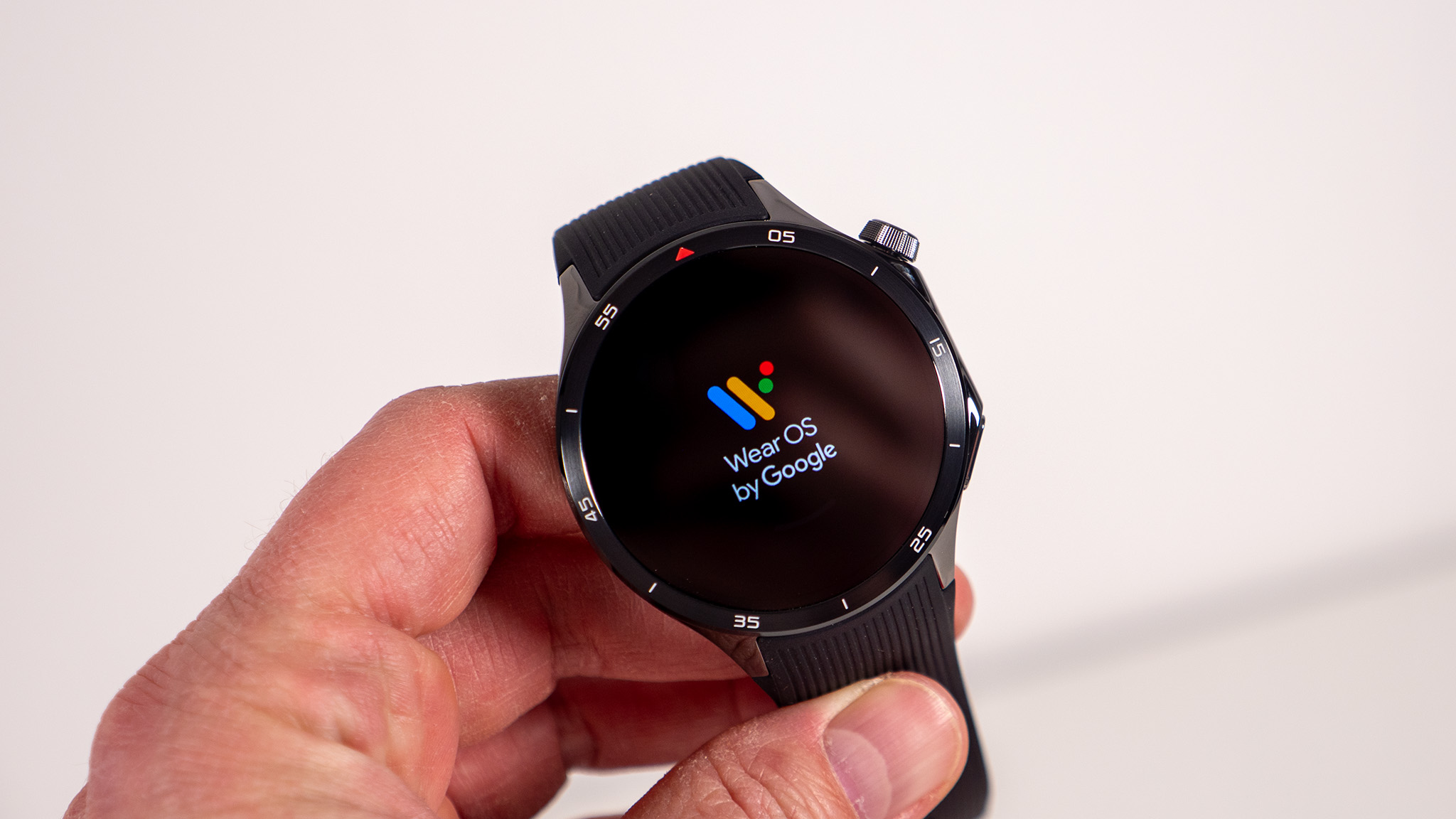
OnePlus says that its watches will receive two OS updates. The OnePlus Watch 3 launched with Wear OS 5, but the OnePlus Watch 2 and Watch 2R — still running Wear OS 4 — will update between July and September 2025, almost a year behind Samsung and Google.
The Xiaomi Watch 2 Pro and Watch 2 jumped from Wear OS 3.5 to Wear OS 4 in September 2024 (per Techradar). We don't know if these watches will receive Wear OS 5 or not; if it does, fall 2025 seems most likely.
The TicWatch Pro 5, TicWatch Pro 5 Enduro, and TicWatch Pro 5 Atlas all updated to Wear OS 4 as of September 2024, well behind the rest. Like Xiaomi, a Wear OS 5 update isn't guaranteed, and Mobvoi's version of the OS lacks some key features like Google Assistant / Gemini. We'd expect Wear OS 5 to arrive in fall 2025, if at all.
Any other Wear OS brands like Fossil won't ever receive Wear OS 5, as they've all largely abandoned the platform.
Wear OS 5: New features
Broken down into categories, these are all of the Wear OS 5 features — or apps introduced alongside Wear OS 5 that technically work on older versions — that you need to know about!
Screen size optimization
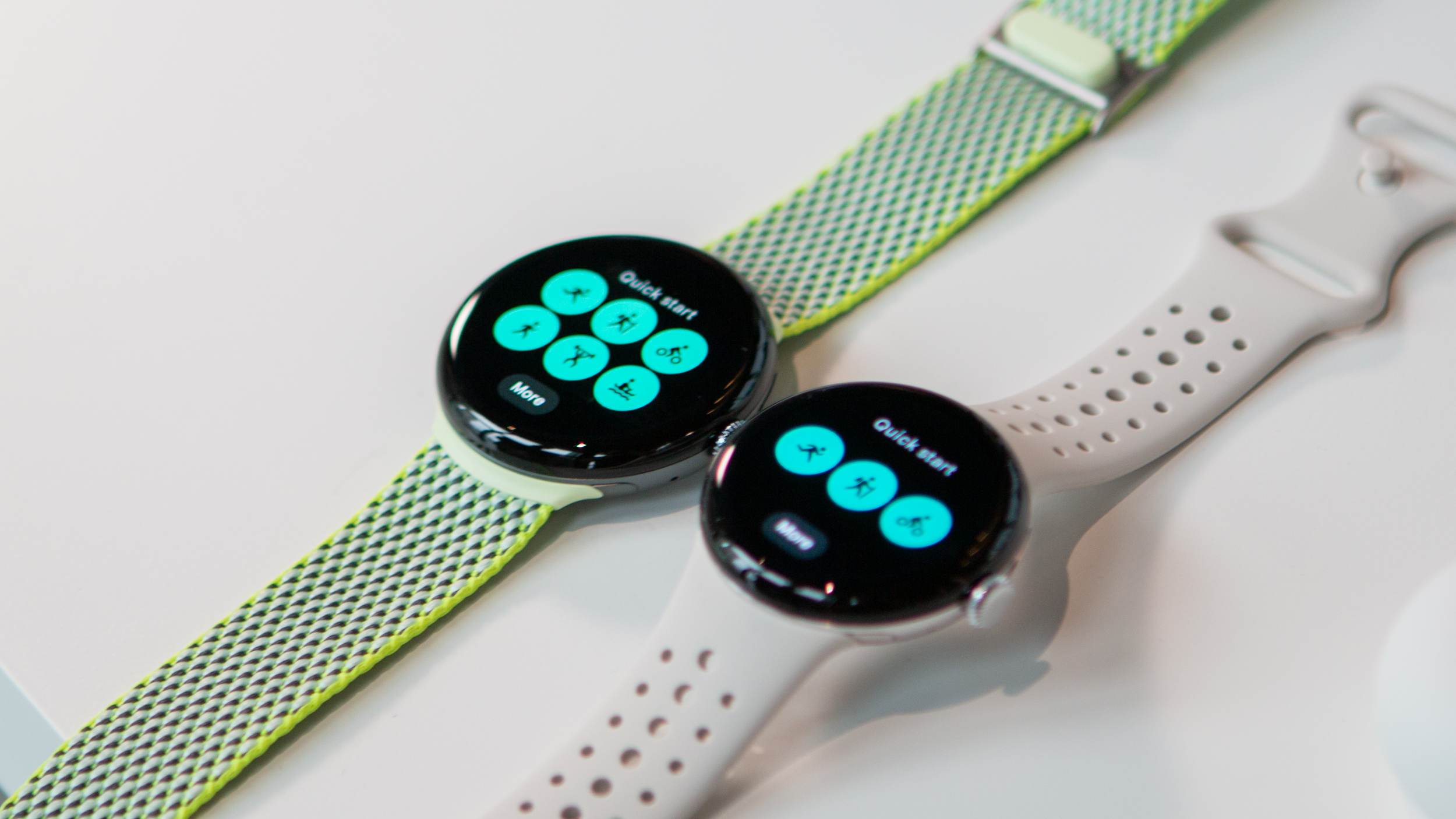
Previous Wear OS versions showed the same content on your watch display regardless of the size; larger displays simply made certain content appear larger. With Wear OS 5, developers can reflow content to take advantage of the extra space.
Wear OS apps will "work optimally across the range of device sizes and font scales," Google explained in its initial announcement.
The photo above of the Pixel Watch 3 41mm and 45mm shows this UI principle in practice. The smaller display can only fit three sports icons, while the larger watch can show six. This incentivizes people to pay extra for larger screens, knowing Wear OS 5 actually uses the space appropriately.
Plus, Wear OS 5 added a "grid-based app launcher" as an alternative to the app list default on past Pixel Watches. Other Wear OS skins like One UI Watch already offered a grid option before, but this makes it natively available on all watches.
Battery optimizations and WFF improvements
Google's original Wear OS 5 announcement included the promise that "performance improvements" would make certain tasks use less battery life than on Wear OS 4. For example, "running a marathon consumes up to 20% less power" with the same requirements like frequent GPS and heart rate checks.
Google's Hybrid Wear OS interface may be partially responsible for these improvements. It relegates certain tasks like health sampling to the low-powered coprocessor, requiring less battery life in standby mode.
Wear OS 5 also requires watches to use the XML Watch Face Format, which shows information without battery-guzzling executable code or animations. It helps Wear OS 5 watches last much longer with the same capacity, but it also blocks apps like Facer with more creative watch faces from third-party developers. You may lose your favorite faces after this update, even if you already paid for them.
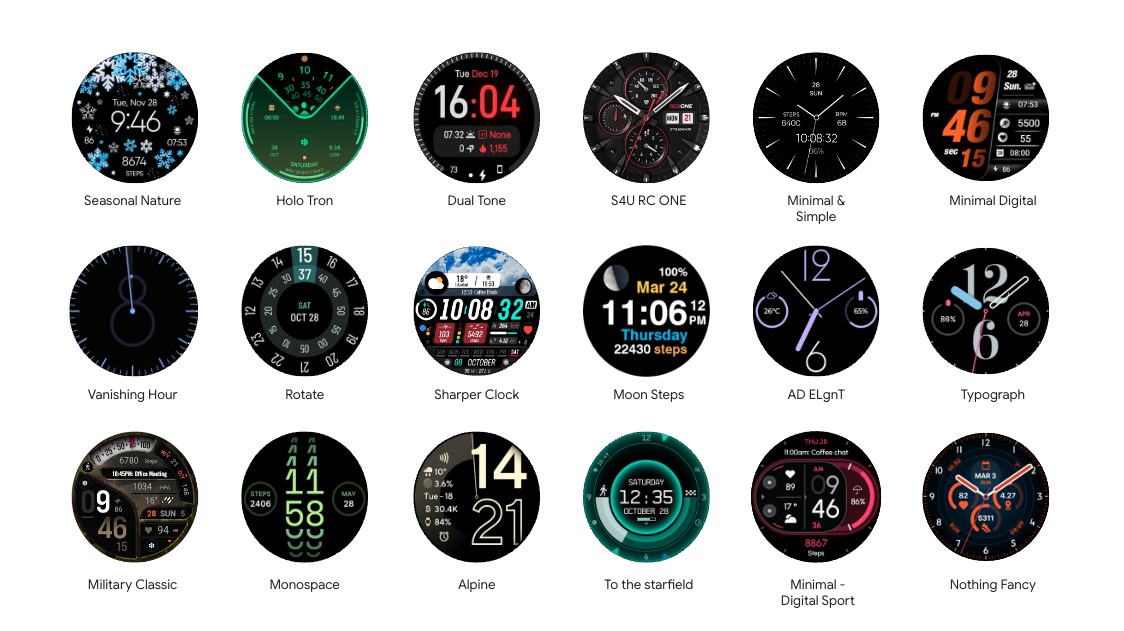
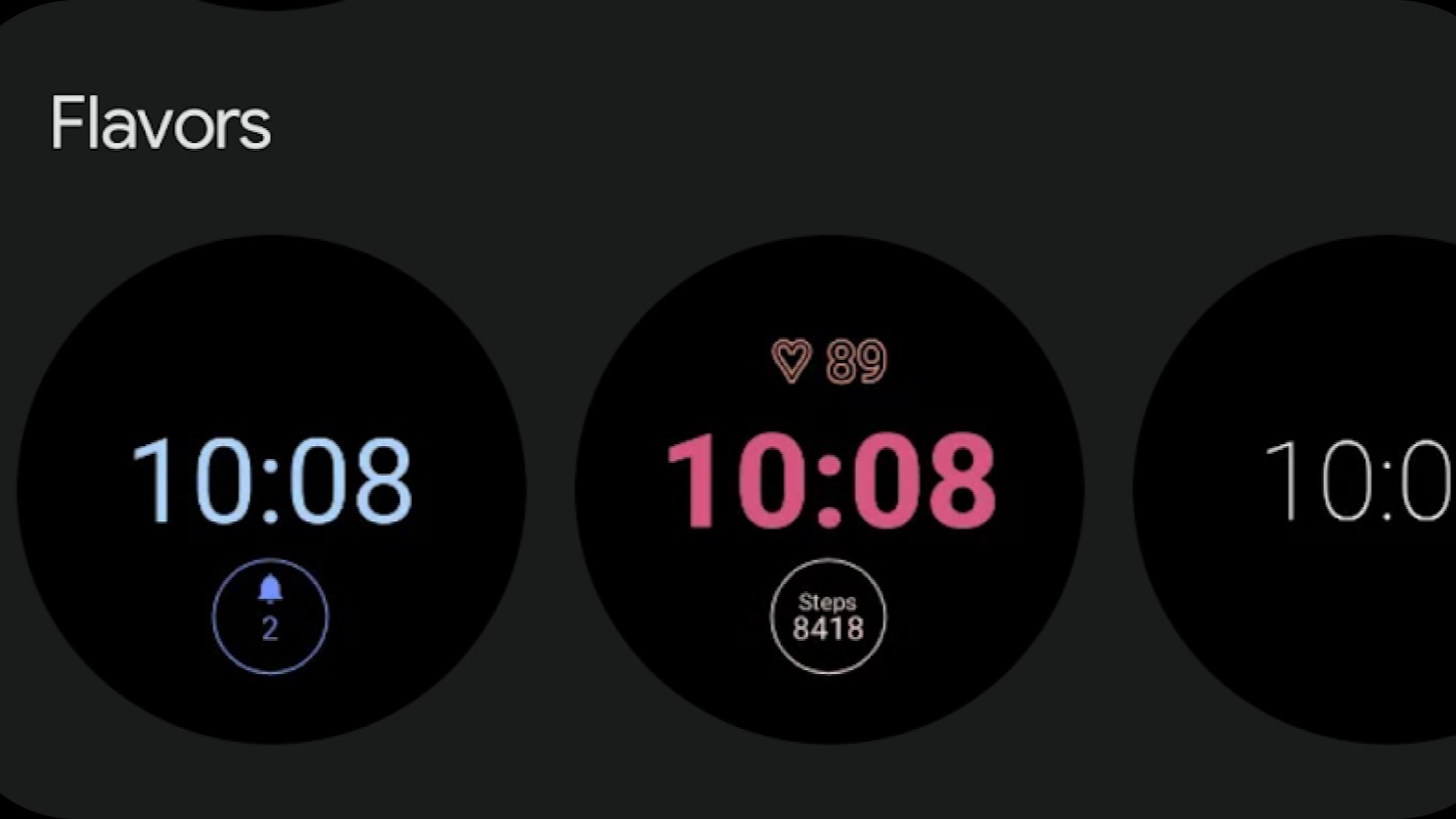
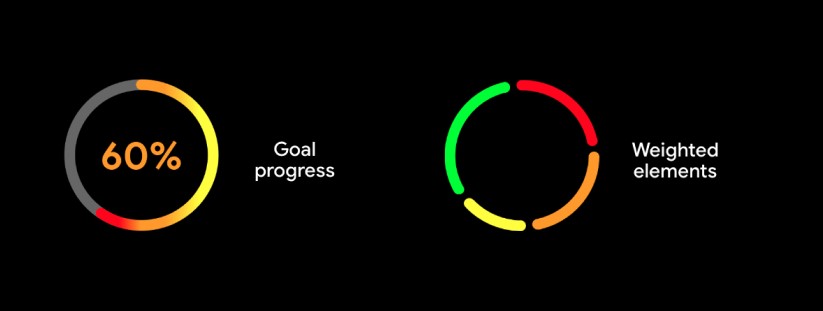
To lessen the sting of this change, Google added many more WFF options as a default for Pixel Watches. It also made them more customizable with colorful "Flavors" for each face (see the slideshow above); plus, it added new complications such as progress towards a fitness goal (like 90% of daily steps done) or "weighted elements" with a pie-chart-like summary of different related stats.
Lastly, Google added a weather complication to WFF, letting you see either the current or upcoming forecast from the main view.
New fitness tools
If you're specifically looking at stock Pixel Watch software, Wear OS 5 added a ton of running tricks. Fitbit Cardio Load and Training Load show how hard you've worked out across the past week (or month) and how much total workout time you should have to improve your fitness. You can see your Daily Readiness in the Morning Brief, create and follow running workouts with intervals, check your post-run form insights, and see your records for distances like 10K.
While Fitbit may eventually become preinstalled on Android phones, we don't know if third-party Wear OS watches will have access. So the global Wear OS 5 fitness updates are more limited.
All Wear OS 5 watches will be able to track Ground Contact Time, Stride Length, Vertical Oscillation, and Vertical Ratio for the first time, with that running form data now shareable through Health Connect.
Also, Wear OS 5 watches support "debounced goals," which is a fancy way of saying athletes can set a workout goal like "keep my heart rate between 130–160bpm for 30 minutes" and have the watch warn them after a short delay if they fall out of range.
New apps and other features
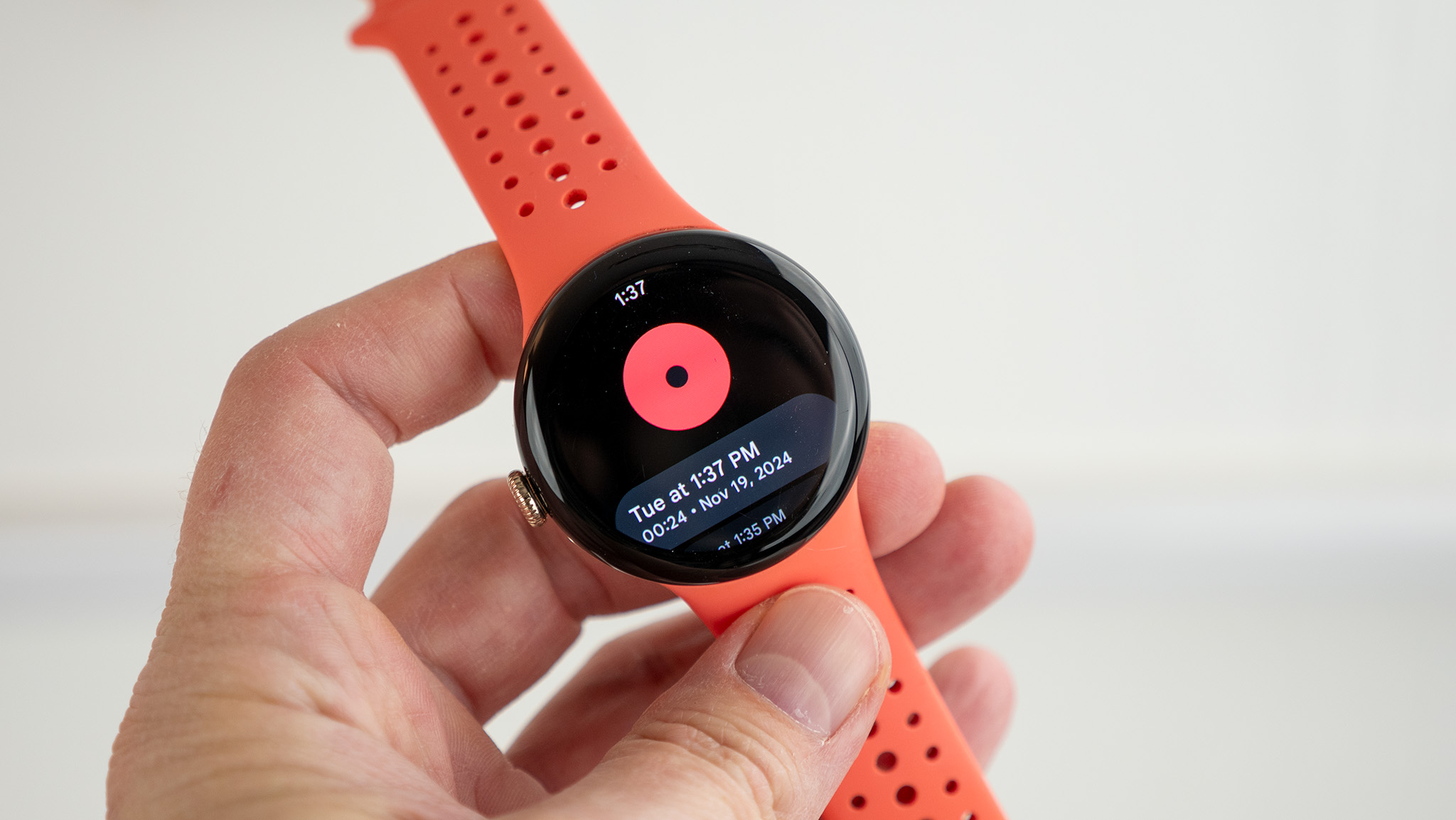
Wear OS 5 introduced some new Google ecosystem apps and functions that connect your watch with other devices. Some are Pixel exclusive; others may be backwards-compatible with other Wear OS versions. We're simply going to include all of the new apps and tools, so you're aware of them.
Recorder: This records files locally with a tap, and has a Tile available. Pixel phone owners can sync their recordings to their phone.
Google Home/ Nest controls: If you have a Nest Doorbell, Google TV Streamer, or other Home devices, you'll now be able to control or access them on your wrist. You can check your Google security camera feed or pause a movie from the watch display.
Improved camera controls: Previous versions of Wear OS had the ability to trigger a smartphone photo remotely. Wear OS 5 lets you access your Pixel Camera app viewfinder to see what photo you're about to take, as well as switch between camera modes.
Screenshot protection: Wear OS 5 adds a "privacy-preserving screenshot detection API" that ensures greater security.
Media output choice: With Wear OS 5, you can "choose which device should play media and show information about the currently-playing media content."
One UI 6 Watch
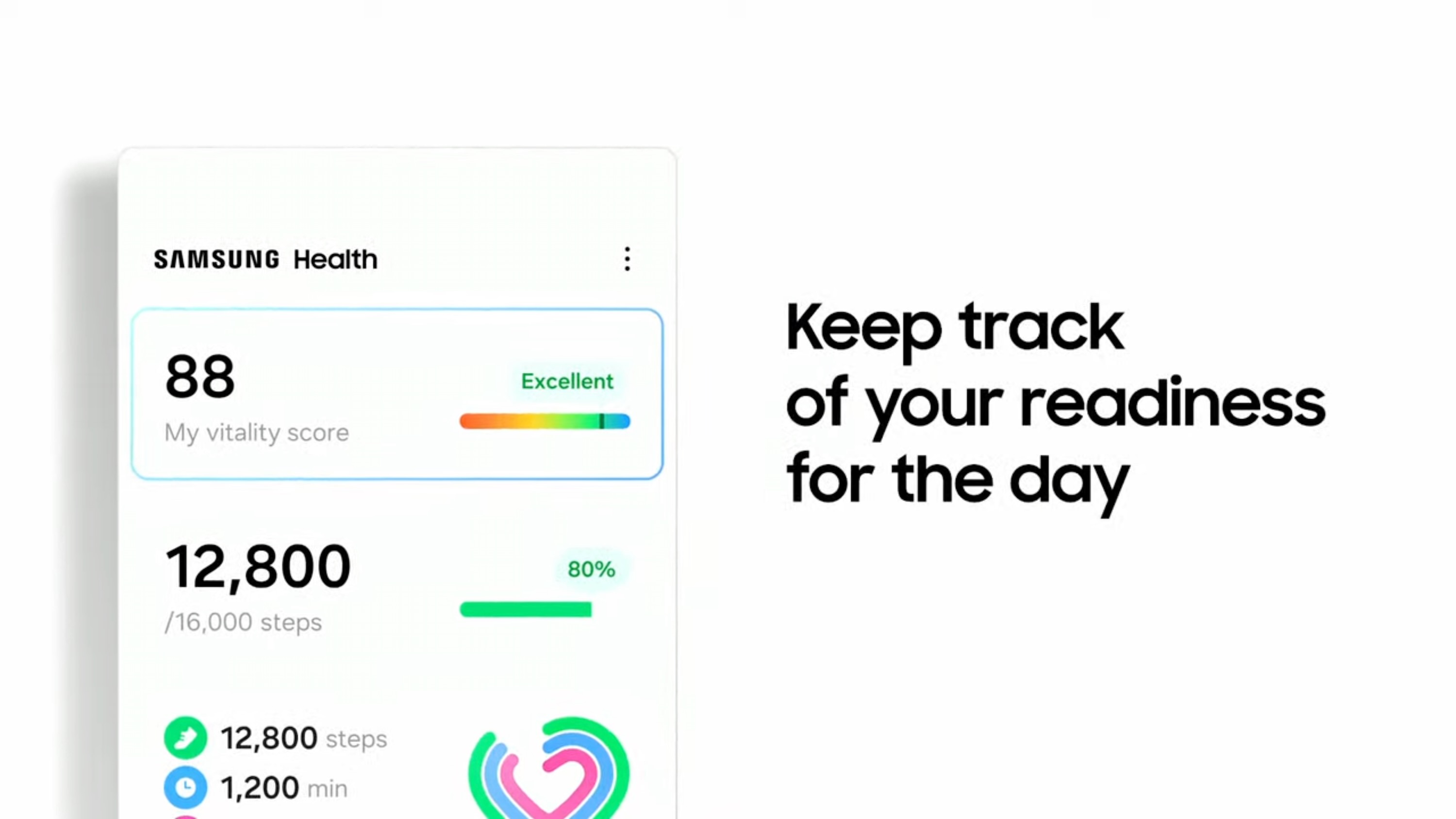
Samsung's One UI 6 Watch is based on Wear OS 5, but it chooses which features apply to Galaxy Watches, and it has its own unique features that don't apply to other Wear OS watches.
Energy score: Like Fitbit's Daily Readiness score, Samsung Energy Score judges your "physical and mental readiness" based on your "sleep, activity, and heart rate" on previous days.
Personalized AI Wellness tips: Based on your Galaxy Watch data, Samsung will send you tips on how to improve based on your priorities like Sleep, Exercise, or losing weight. These AI tricks are guaranteed free through the end of 2025, meaning Samsung may charge for the information after that.
Suggested replies: One UI 6 Watch's other AI-powered trick is to come up with auto-generated replies to your messages, so Galaxy Watch 7 owners don't have to bother with the QWERTY keyboard or voice-to-text.
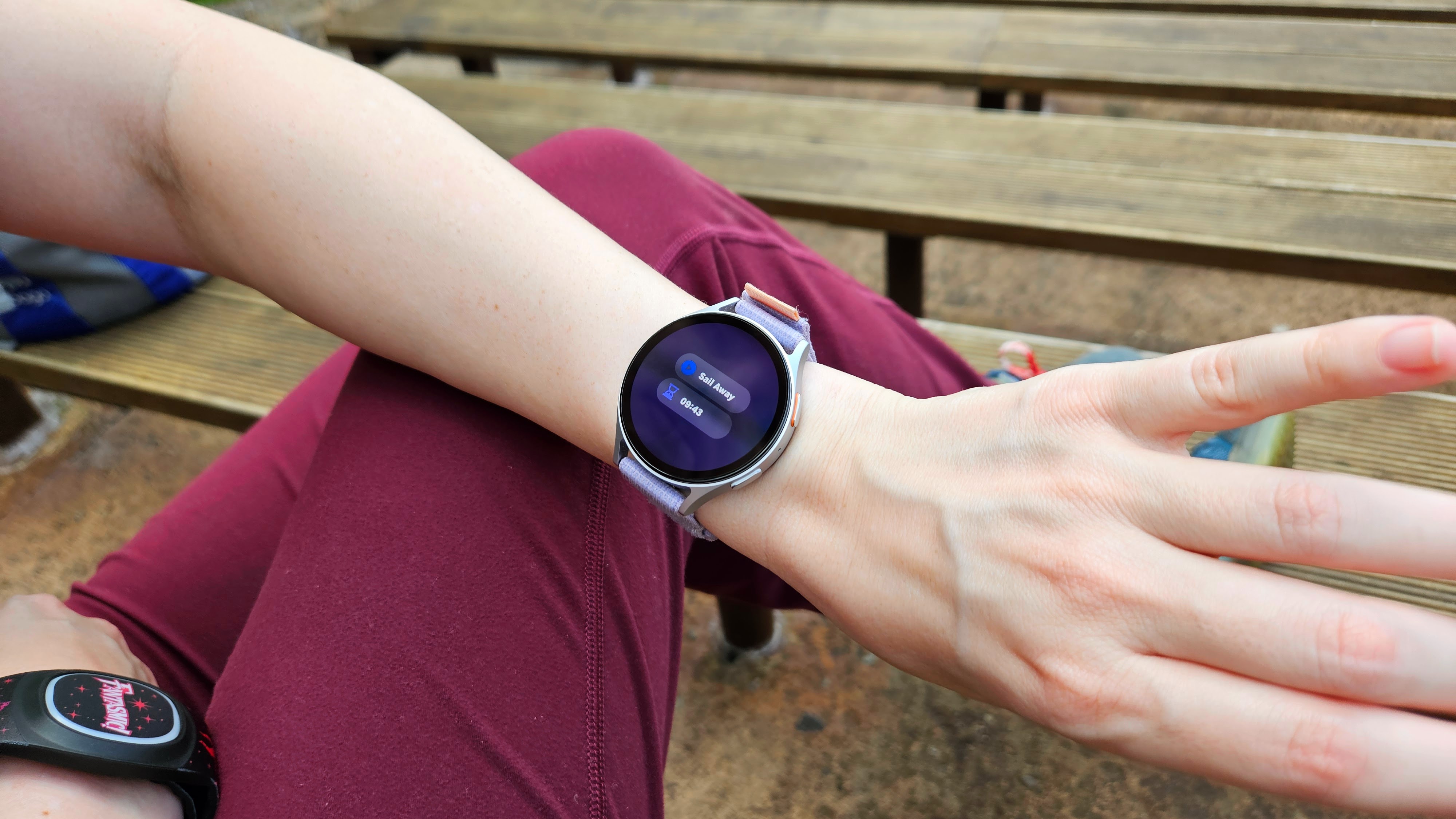
Sleep apnea detection: With FDA approval for accuracy, Galaxy Watches can detect "moderate to severe sleep apnea;" this link shows how to set it up. Samsung promises this feature will come to older Galaxy Watches but is currently exclusive to the Watch 7 and Watch Ultra.
Gestures: The new Buttons and Gestures menu lets you enable three gestures: Double pinch, shake to dismiss, or knock knock. Double pinch lets you "answer calls, dismiss alerts, launch apps, control your music, and take photos." Shake to dismiss "declines incoming calls or dismiss alerts such as alarms, timers, and reminders." Knock knock opens your favorite app.
Workout Routine and Race: With Wear OS 5, Galaxy Watch owners can now race their past times or create a custom multisport workout.
Wear OS 5.1
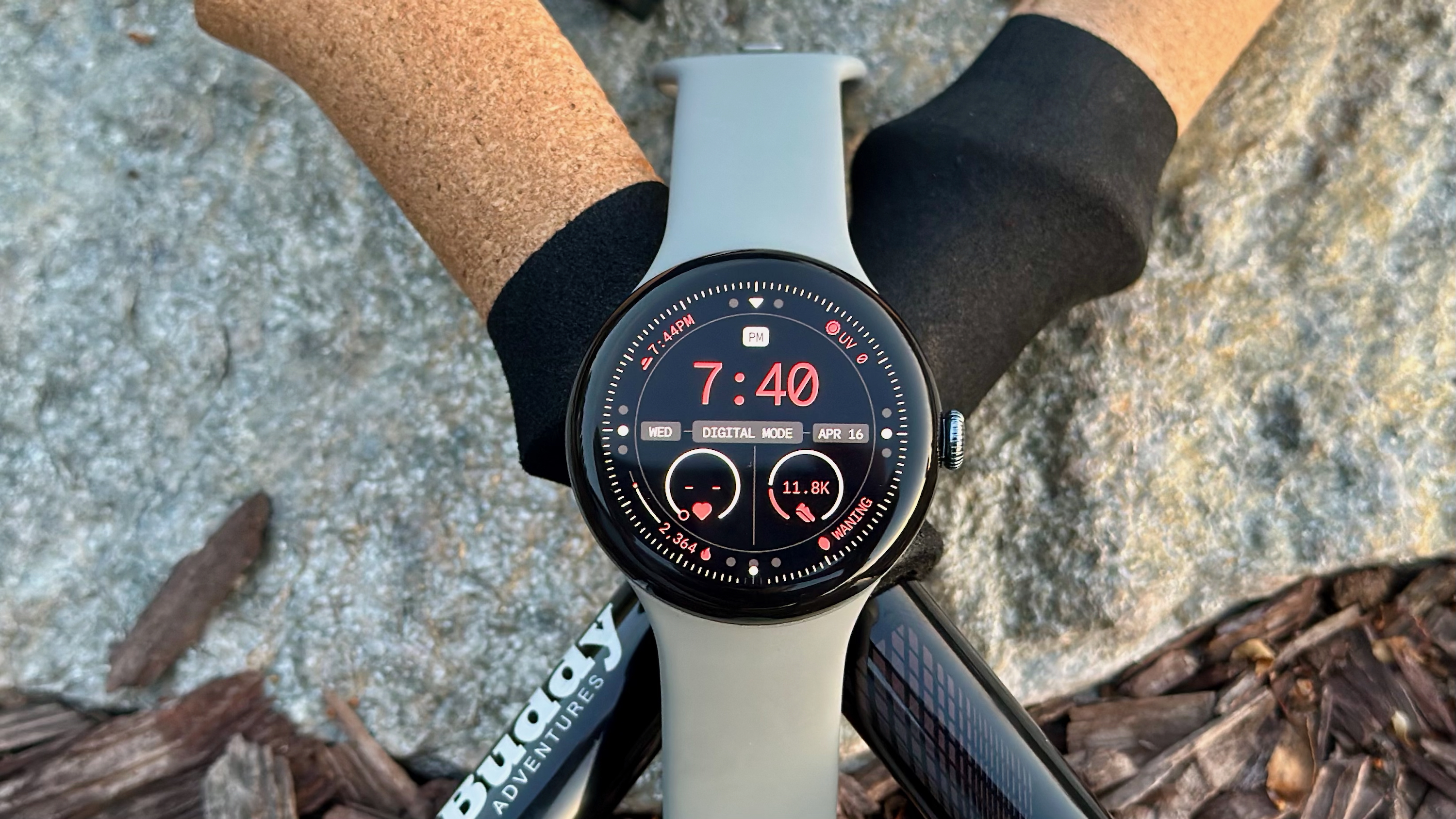
Google announced Wear OS 5.1 as the first of many quarterly updates, aiming to release a significant update every three months. Unfortunately, it ended up being a buggy and delayed update that eventually required an April patch to resolve.
In terms of what's new, Wear OS 5.1 added a Restore Credentials function to sync passwords from phone to watch and allowed apps to use the watch speakers for things like alarms. It also made some aesthetic changes like new accent colors and app icons on Tiles, while adding a developer tool for always-on apps, improved music controls, and better menstrual health tracking in the Fitbit app.
Plus, Loss of Pulse rolled out to U.S.-based Pixel Watch 3 owners around the 5.1 update, detecting serious heart issues and contacting emergency services automatically.
This update originally added a step count algorithm update to make the Pixel Watch better at tracking unconventional steps, such as with a stroller or walking poles. It worked pretty well in our tests, but some users reported significant step issues, and Google eventually rolled the algorithm back to the old system.
Future Wear OS updates
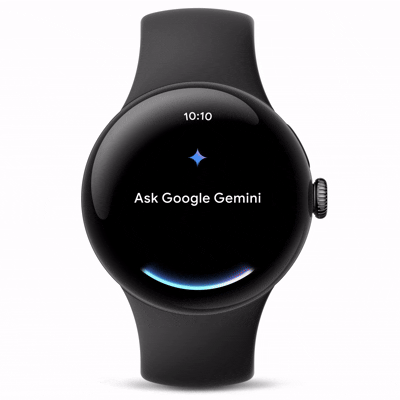
In its Wear OS 5.1 announcement, Google said that "our next planned update will target June 2025, and quarterly thereafter." This suggests we'll typically see Wear OS feature updates in March, June, September, and December, with September as the major version update.
Google and Samsung have promised to replace Assistant with Gemini on Wear OS watches "in the coming months." You'll be able to receive LLM responses on your wrist or use Gemini Actions to communicate with other apps like Gmail. While this may not arrive until Wear OS 6, we suspect Gemini will replace Assistant on all watches, including those stuck on Wear OS 5.
We know of other upcoming Wear OS 6 updates like the Material 3 Expressive redesign, but that link will go into greater detail on what to expect from the next version!







